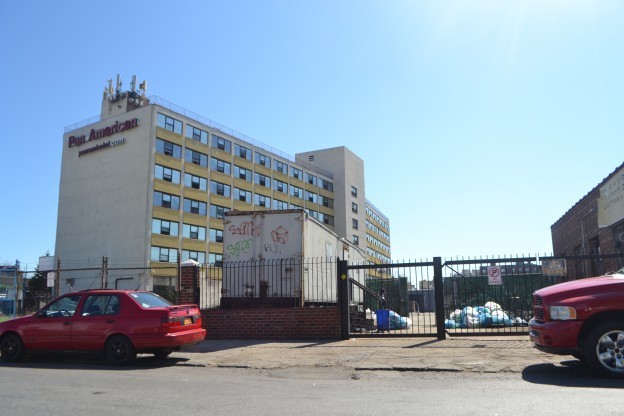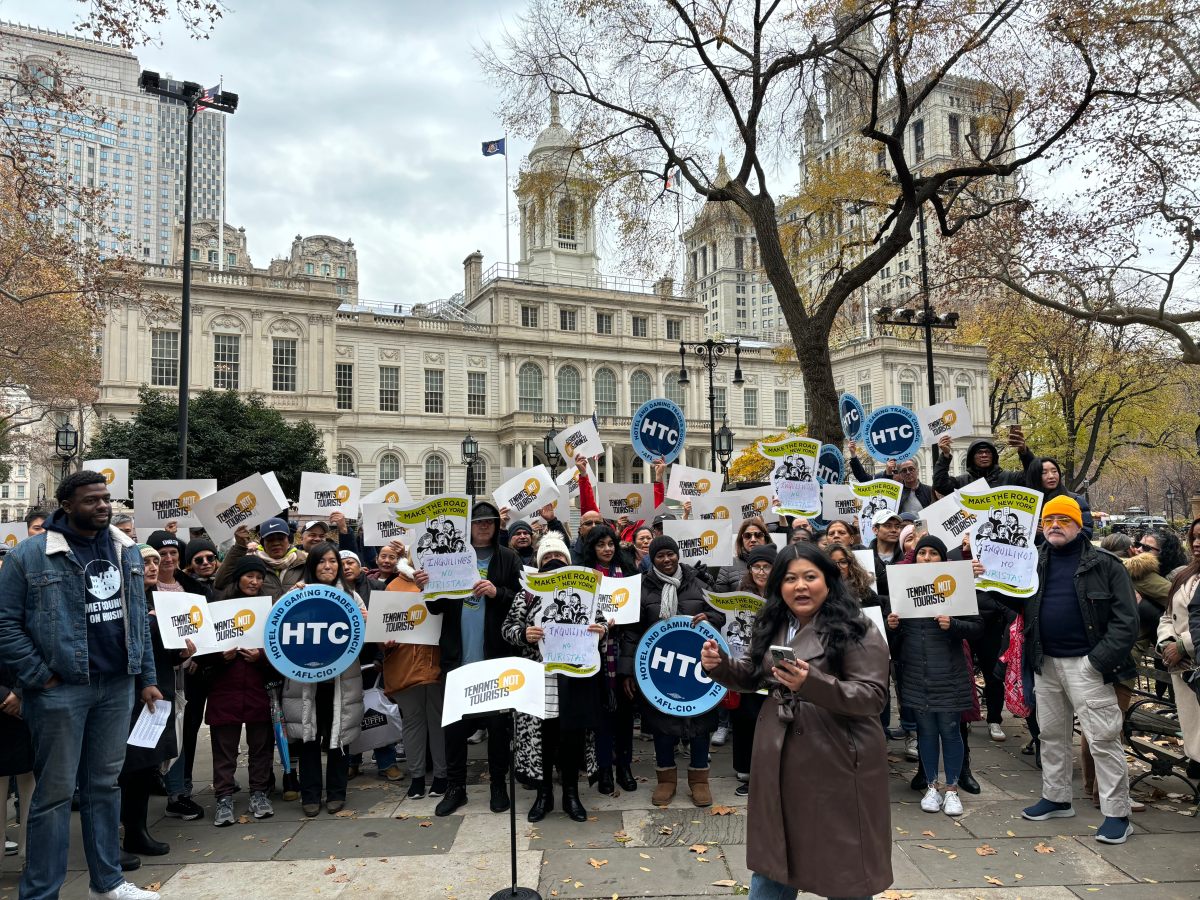Operational problems at the Department of Homeless Services (DHS) contributed to deplorable conditions at a minimum of two Queens shelters and numerous others across the city, according to an audit conducted by City Comptroller Scott Stringer.
The audit, which was released on Monday, sampled 101 randomly selected housing units out of the city’s 155 shelters that serve families with children, with 22 units coming from Queens shelters. It focused on families that had been placed in the shelters during fiscal years 2013 and 2014, and that have remained in a shelter as of October.
Auditors found that 53 percent of inspected apartments had evidence of rodents, roaches and other types of vermin; and 87 percent of inspected units had conditions that raised health and safety concerns such as malfunctioning smoke detectors, blocked fire escapes, mold, mildew, peeling paint and walls with holes.
Out of the 22 units inspected in the two Queens shelters, Corona, a Tier II shelter and Lincoln Atlantic, which is a hotel, auditors identified 50 unsafe and unhealthy conditions.
“Over 23,000 homeless children in our city slept in nightmare conditions last night, many of them surrounded by peeling paint, some feeling the chill from broken windows and others sharing space with vermin,” Stringer said. “And when those same children woke up today, DHS still had no plan in place to help their families make it out of the shelter system.”
According to the report, the DHS has several operational deficiencies that led to these conditions including inadequate oversight procedures, inadequate efforts to transition families, weak shelter security and shelters operating without contracts.
The audit found that DHS has only 14 program analysts — the staff who oversees social services — assigned to monitor services at 155 shelters housing 12,500. That means that each staff member was responsible for 11 shelters and 900 families.
In examining a sample of 12 long-term shelter families, housed in eight facilities, auditors found that the DHS failed to meet their goal of transitioning shelter residents out of emergency housing within 270 days.
Auditors also discovered that there has been a serious lack of security at many shelter sites, including at one cluster site, which houses 300 families in 16 separate buildings, which had only one guard who was stationed in the main building, leaving the other 15 buildings with no security guards.
During the audit period, it was found that DHS placed families in 64 shelters — 51 hotels, 10 cluster shelters and three Tier II shelters — that were operating without a written contract. Stinger noted that by operating without a contract it is “extremely difficult to enforce health and safety codes, and it’s almost impossible to ensure shelters make important repairs.”
To begin to fix these operational problems, Stringer suggested that DHS transfer staff from other DHS units to oversee shelters in which children are at risk, revamp monitoring controls to ensure shelters provide families with Independent Living Plans to help them move out of the shelter system in a timely manner, ensure that apartments are inspected and that all necessary repairs are made, and ensure that DHS shelter providers sign written contracts with the city.





































